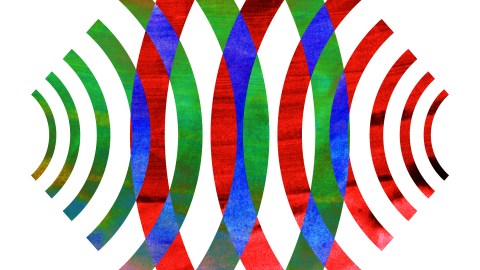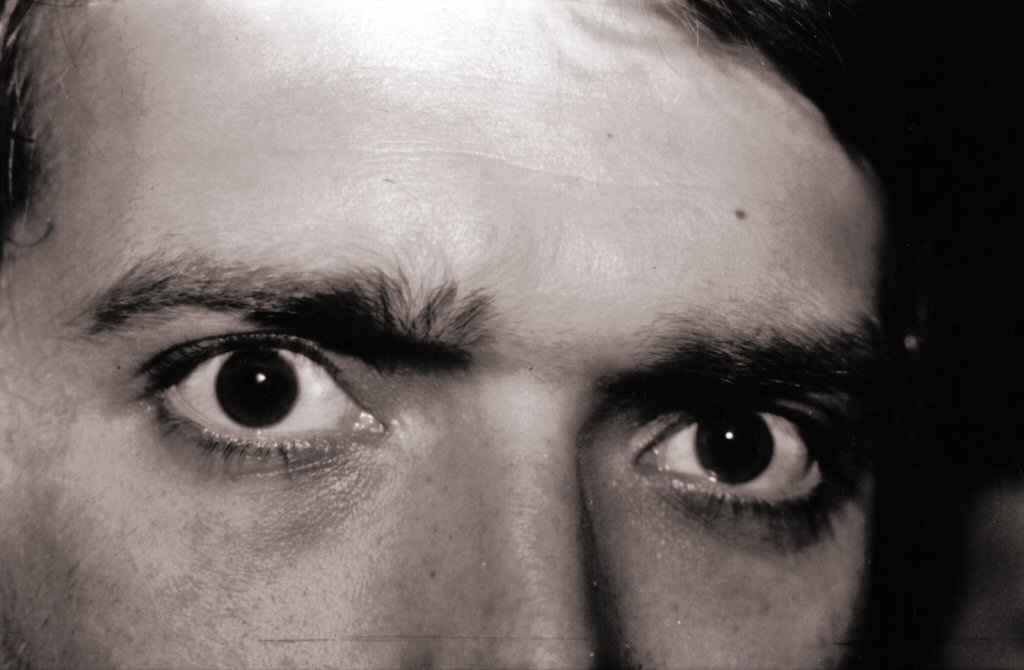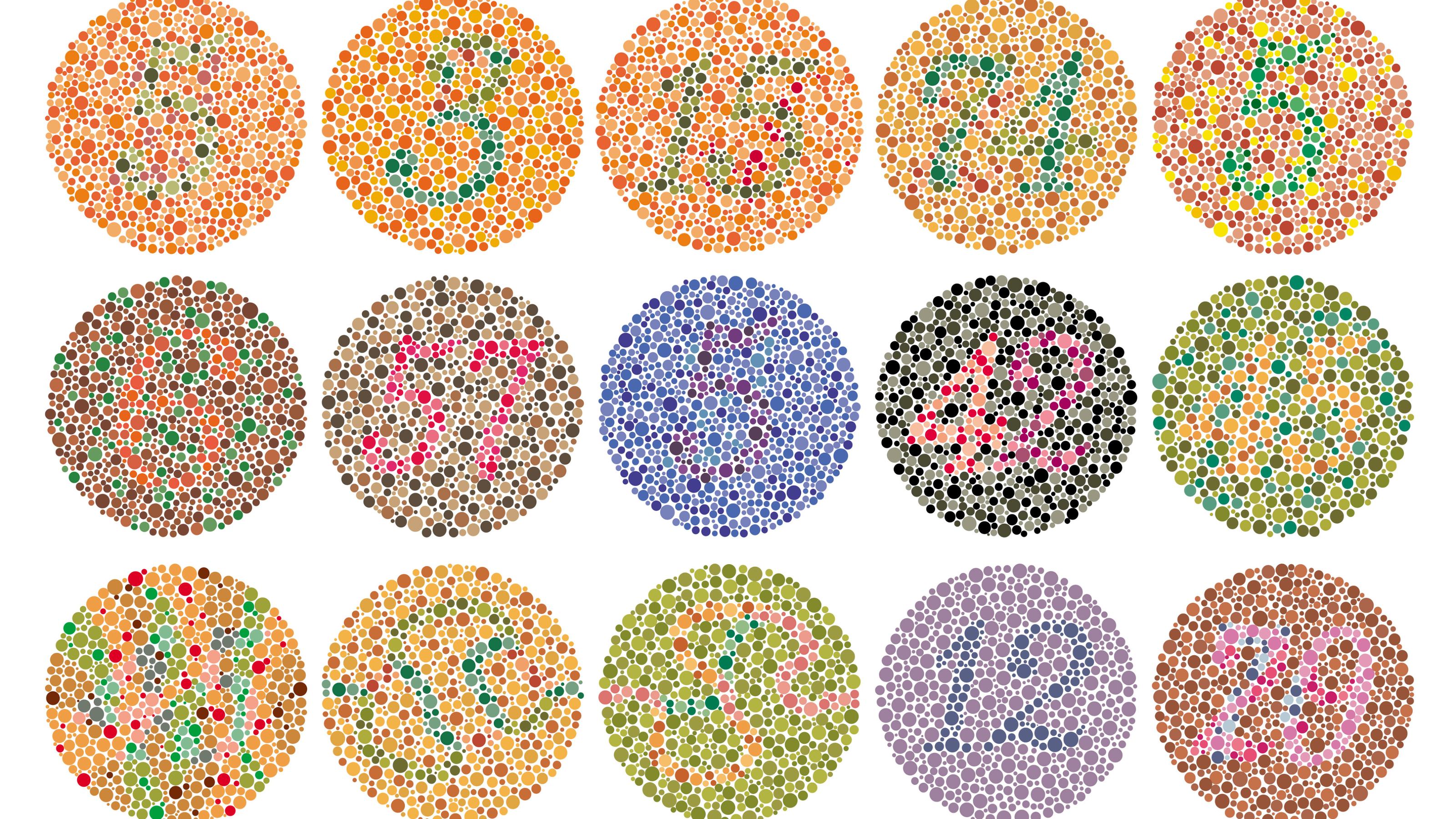Echolocation mastery activates the visual cortex in blind individuals

- Humans are capable of using sound to navigate the environment in a process called echolocation.
- In blind people, the visual cortex can adapt its function to process non-visual information.
- A recent study examined how a brain region called the occipital place area factors into this process.
It is often claimed that lacking or losing one sense makes other senses sharper. For example, it is widely believed that blind people hear better, though this assumption is largely based on anecdotes, such as blind piano tuners who have perfect pitch, and there’s otherwise not much convincing evidence for the phenomenon.
But research does show that the brains of people who are born blind or lose their sense of vision can process information in unusual ways. Without visual inputs, the visual cortex can process other types of sensory data. It can, for example, be activated by touch during braille reading, and can even be recruited to process numerical information.
These and other studies demonstrate the phenomenon of neural plasticity, whereby the brain can adapt its structure and function to an individual’s experiences, such that a region that may be specialized to perform a specific function can perform another. The latest of these studies, published in the Journal of Neuroscience, shows that when blind people learn to navigate using echolocation, they recruit a part of the brain typically used for visually guided navigation.
Biological sonar
Echolocation, or “biological sonar,” is best understood in bats, which interpret the reflections of high-frequency sound waves they produce to both navigate and hunt insect prey. Dolphins, whales, and some other marine mammals also use echolocation.
To investigate the neural basis of human echolocation, Liam Norman and Lore Thaler of Durham University used functional magnetic resonance imaging (fMRI) to scan the brains of six blind echolocation experts, 12 blind non-echolocators, and 14 sighted individuals as they listened to recordings of three different sounds: the echolocation sounds of routes through mazes, another of scrambled echolocation noise, and a third of non-echolocation sounds.
The results showed that the expert echolocators—but not the blind and sighted control participants—could accurately identify the route conveyed in the recording of the echolocation noises, and were able to report when the person in the recording made a single turn, or two turns in the same or the opposite direction.
The echolocators could also identify the incoherent echolocation noises as such, albeit without interpreting them, while the other participants could not. The researchers also found that the echolocation noises, but not the other recordings, activated a brain region called the occipital place area in the echolocators. In sighted people, this region is believed to be involved in scene perception and the encoding of object locations relative to environmental boundaries.
The occipital place area
The findings show that the occipital place area, traditionally associated with visual inputs, has the capacity to process auditory information as well. Notably, all the expert echolocators in the study were completely blind, while some of the non-echolocating blind controls retained a degree of light sensitivity. This raises an interesting question: Could the heightened activity in the occipital place area of the expert echolocators be a result of their total blindness, rather than echolocation?
The researchers note, however, that while the blind and sighted control participants exhibited very similar brain responses, the imaging data from expert echolocators revealed a relationship between activity level and performance. Those who performed better on the echolocation task exhibited greater activity in the occipital place area, suggesting that the activity is based on experience of echolocation, rather than just being completely blind.





